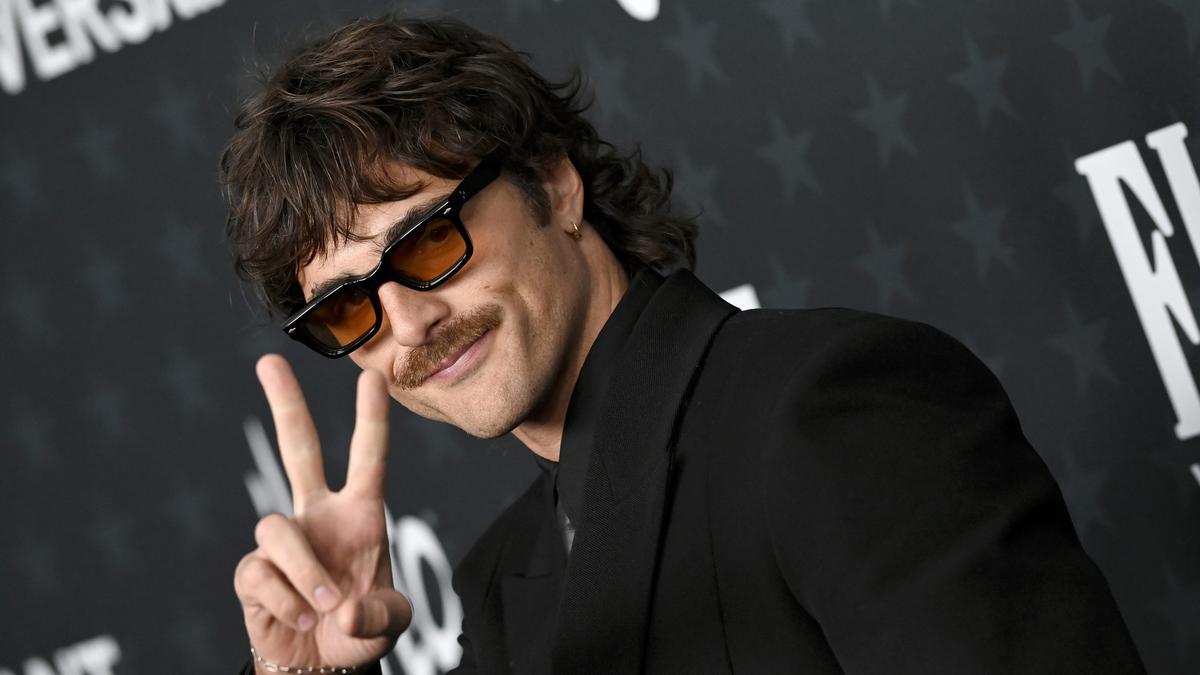
Former Wallaby captain Michael Hooper has called on World Rugby to take greater responsibility for controversial refereeing decisions in the aftermath of Australia’s Bledisloe Cup defeat to New Zealand. Despite acknowledging the Wallabies’ own shortcomings in their 33-24 loss at Eden Park, Hooper emphasized the need for transparency from rugby’s governing body regarding officiating.
The match, which saw the All Blacks extend their winning streak at Eden Park, was marred by contentious decisions from referee Andrea Piardi and his team, including TMO Marius Jonker. These decisions have sparked debate, with Wallabies coach Joe Schmidt highlighting “inconsistencies” in the officiating, particularly around the breakdown.
Hooper, speaking on Stan Sport’s Between Two Posts, stressed the importance of self-reflection for the Wallabies. “I think that the Wallabies gave up 17 points early. That’s going to be hard to come back from,” he said. While acknowledging both teams’ ill-discipline, Hooper noted that critical moments, such as failed touch-finding kicks, contributed to the outcome. “You can’t… the moment as a team you start blaming the referees is the moment you’ve lost it,” he added. “You’ve got to take ownership of all that.”
Call for Accountability
Hooper, who has had his own share of heated exchanges with officials during his tenure as Wallabies captain, called for World Rugby to openly discuss refereeing decisions. “I’d actually like to see the referee bosses come out on the Monday, and explain the rulings,” he proposed. Hooper believes that such transparency would enhance fans’ understanding and appreciation of the game.
“As players, they get things right and wrong, referees are allowed to get it right and wrong, but I think if we saw accountability from World Rugby going, ‘this is what’s happened, this is the process of how it happened, and this is our process to improve it’, just like you would with players and coaches and teams around the world, I think that would be a great thing for the viewer to see.”
Hooper argued that just as coaches and players are expected to own up to their mistakes and work on improvements, referees and their supervisors should do the same. He suggested that World Rugby could better support referees by explaining their decisions and the challenges they face.
Support from the Rugby Community
Hooper’s call for transparency has garnered support from former players, including ex-All Black Sonny Bill Williams. “I’d love that. How Hoops said it, that’s a tick of approval for me,” Williams stated, agreeing that transparency could alleviate negative perceptions surrounding officiating decisions.
The demand for accountability comes amid growing scrutiny of refereeing standards in international rugby. As the sport evolves, the pressure on officials has intensified, with fans and teams alike calling for clearer communication and consistency in decision-making.
Looking Forward
The debate over refereeing decisions in rugby is not new, but Hooper’s comments highlight a potential path forward for the sport. By adopting a more open approach, World Rugby could foster a better understanding of the complexities involved in officiating and reduce the backlash faced by referees.
As the Wallabies reflect on their performance and look ahead to future matches, the conversation around refereeing accountability is likely to continue. Whether World Rugby will heed these calls for greater transparency remains to be seen, but the discussion underscores the ongoing challenges faced by the sport in maintaining fairness and integrity on the field.
With the rugby community eager for change, Hooper’s proposal may serve as a catalyst for reform, encouraging World Rugby to take proactive steps in addressing the concerns of players, coaches, and fans alike.





